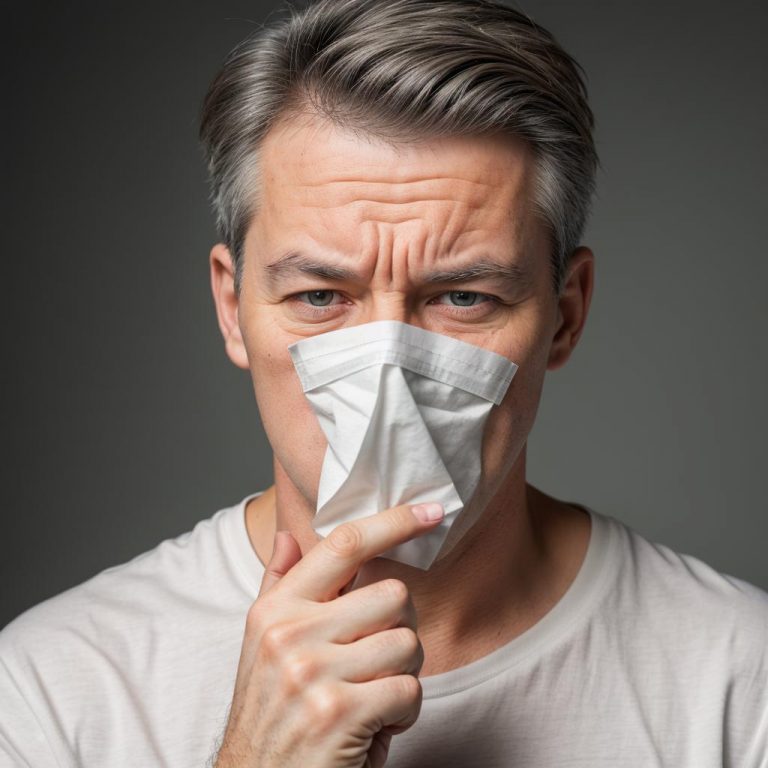
Allergies to various substances are not uncommon, but when it comes to alcohol, the idea of an allergy might seem surprising to some.
However, allergic reactions to alcohol do occur, albeit infrequently. Understanding this phenomenon is crucial for individuals who experience adverse reactions to alcohol consumption.

Symptoms of alcohol allergy
An allergy to alcohol can manifest in various symptoms, ranging from mild to severe. Common symptoms include skin reactions such as itching, redness, or hives. Some individuals may experience nasal congestion, sneezing, or runny nose after consuming alcohol. Digestive issues like nausea, vomiting, or abdominal pain can also occur. In severe cases, an allergic reaction to alcohol can lead to difficulty breathing, swelling of the face, throat, or tongue, and even anaphylaxis, which is a life-threatening emergency.
Causes of alcohol allergy
The exact cause of alcohol allergy is not fully understood. It’s believed to be related to certain ingredients or additives present in alcoholic beverages rather than the alcohol itself. For instance, histamines, sulfites, or other chemicals used in the production process can trigger allergic reactions in susceptible individuals. Additionally, some people may have an intolerance to specific types of alcohol, such as gluten in beer or sulfites in wine, which can mimic allergic symptoms.
Diagnosis and management
Diagnosing alcohol allergy can be challenging since its symptoms overlap with other conditions like alcohol intolerance or sensitivity. Medical professionals may conduct skin prick tests or blood tests to determine if an allergy to specific components of alcohol exists. Once diagnosed, the primary management strategy involves avoidance of the triggering substance, which in this case, is alcohol.
Alternatives for individuals with alcohol allergy
For individuals with alcohol allergy, navigating social situations or dining out can be challenging. Fortunately, there are plenty of alcohol-free options available, including mocktails, non-alcoholic beers, and wines, allowing individuals to participate in social events without risking allergic reactions. It’s essential to communicate one’s allergy to bartenders or hosts when attending events to ensure safe beverage options are provided.
While relatively uncommon, allergies to alcohol can significantly impact an individual’s quality of life and social interactions. Understanding the symptoms, causes, and management strategies for alcohol allergy is crucial for affected individuals to avoid potential allergic reactions and lead a healthy lifestyle. By opting for alcohol-free alternatives and communicating their allergy to others, individuals with alcohol allergy can still enjoy social gatherings without compromising their health and well-being. If you suspect you may have an allergy to alcohol, it’s essential to consult with a healthcare professional for proper diagnosis and guidance on managing your condition.



